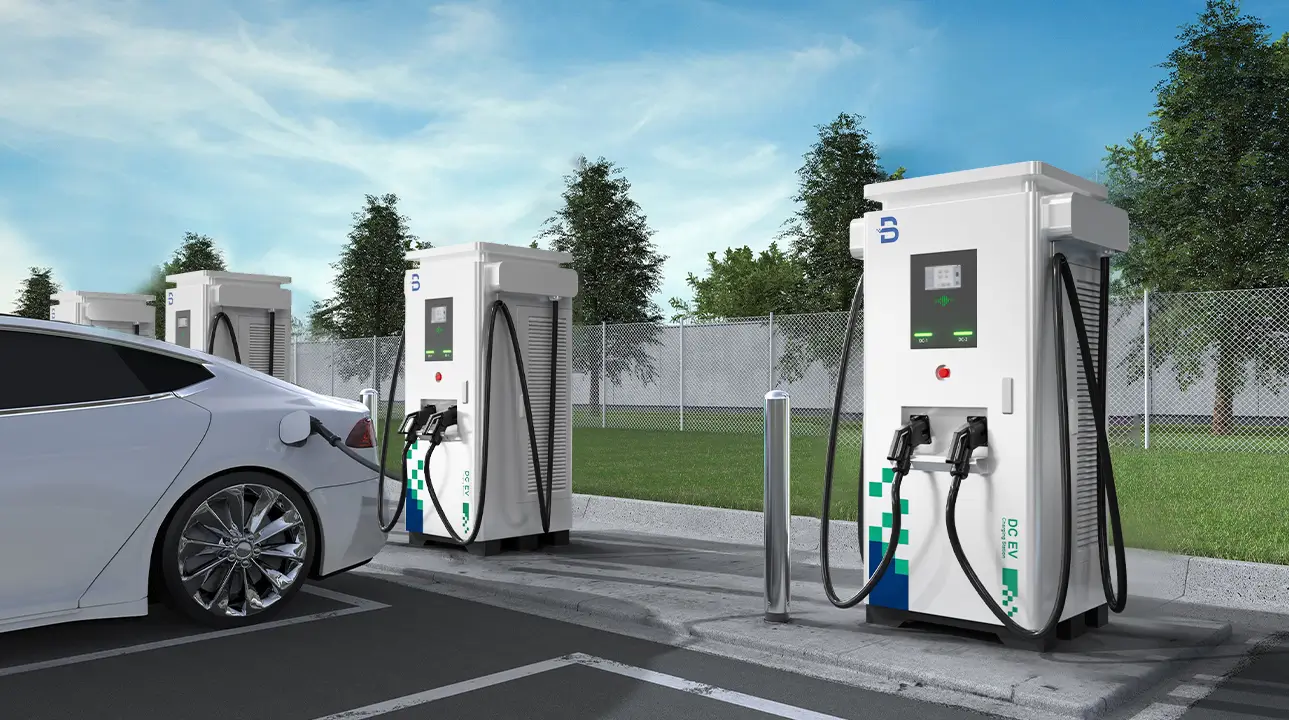Looking for a deal on a car in the midst of the pandemic?
There are some to be had, but don’t expect everything to be on sale just because the economy is sputtering.
Automakers dialed back discounts in June after ramping them up in May, and interest rates have ticked upward after reaching historic lows.
But deals are still better than this time last year. Here are answers to six key questions about new- and used-car shopping.
When do new cars come out?: You’ll have to wait to buy 2021, as automakers delay next year’s models
Ford discontinues Lincoln Continental: Luxury sedan usurped by SUVs
Clearing out last year’s models?
Are dealers trying to sell off 2020 models before the 2021 cars and trucks arrive? Not yet. About two months of downtime at most manufacturing plants due to the pandemic means that dealers don’t have a surplus of vehicles.
“While auto sales are down and will continue under pressure through the year, there was also a significant loss of production from March through May,” IHS Markit automotive analyst Stephanie Brinley said in an email.
In fact, automakers are delaying dozens of new models while they sell last year’s.
Are prices dropping?
Not so much. The average new vehicle sold for $36,332 in June, which was up 3.2% from a year earlier, according to ALG’s car-research site TrueCar. That increase is attributable to a shifting mix of sales from cheaper passenger cars to more expensive SUVs.
Overall prices were also about the same in June as they were in May.
Are automakers increasing discounts?
Sometimes automakers sell vehicles at a high sticker price but provide discounts, often referred to as incentives, to make the effective price much lower.
For now, discounts are up year over year, but down compared with earlier in the pandemic as dealers look to preserve profits.
Incentives per vehicle averaged $4,121 in June, up from $3,773 in June 2019 but down from $4,142 in May, according to TrueCar.
Where are new-car deals popping up?
Some automakers are raising new-car incentives more than others.
Honda, which typically spurns incentives, increased discounts by 43.8% in June, compared with a year earlier, according to TrueCar. Volkswagen Group, which includes VW, Audi and Porsche, has ramped up incentives by 27.8%. And Daimler, which makes Mercedes-Benz, has increased them by 24.9%.
But some automakers have taken their feet off the gas pedal. For example, Hyundai’s discounts have fallen by 10.1%.
“Incentives are not being wielded as a way to prop up” sales, Brinley said. “Instead, they are being used as part of a broader strategy and targeted for specific weak spots.” For example, during the first weekend of July, Audi discounted the A3 sedan by 11.7%, Chevrolet discounted the Malibu sedan by 13.9% and Ram discounted the Ram 1500 pickup by 10.9%, according to TrueCar.
What about used cars?
During the pandemic, used-car prices have been affected by several factors, including an influx of vehicles sold by car-rental firm Hertz, which filed for Chapter 11 bankruptcy protection.
Over the last 90 days, used-car prices have fallen by 1.7%, according to car-buying site CarGurus. But over the last 30 days, prices have increased 0.8%.
Look hard enough and you might find a great deal. For example, the 2018 BMW 3-series has dropped 28% since a year ago, but the 2018 Chevrolet Camaro has dropped only 3.7%, according to CarGurus. The 2018 Ford Mustang has fallen 10.2%, while the 2018 Chevrolet Corvette has declined only 6.6%.
“Those shoppers in the market for a used vehicle should be mindful that used vehicle prices are starting to increase as compared to the beginning of the year because dealers are trying to replenish supply for popular used vehicles,” George Augustaitis, director of industry analytics at CarGurus, said in an email. Dealers are looking to replenish used cars as cost-conscious Americans choose not to buy new car models.
Can I get a good deal on a loan?
Probably. Although credit conditions have deteriorated for some buyers due to the hobbled economy, if you could afford a new vehicle before, you can probably still get a loan today.
And interest rates have plummeted in recent months, hitting an average of 4.2% in June, down from 6% a year earlier, according to car-research site Edmunds.
Also, 0% financing offers are at “near-record levels,” representing 24% of sales in May and 19.4% in June, according to Edmunds.
But Edmunds cautioned buyers to think hard before spreading out new-car payments over several years.
“At 0% financing, a six- or seven-year loan could make sense for a responsible buyer, but for many Americans, relying on longer loan terms to justify their bigger vehicle purchases could put them at greater risk for negative equity in the future,” Edmunds analyst Jessica Caldwell said in a statement.
Follow USA TODAY reporter Nathan Bomey on Twitter @NathanBomey.
This article originally appeared on USA TODAY: Car buying amid COVID-19: 6 questions on auto prices, loans, deals





More Stories
Moon | Cartype
Rivian, Mercedes-Benz Joint Venture Paused
We Blew Up Our $5000 Drag Car ~ Can We Getting Fixed In Time? – Humble Mechanic